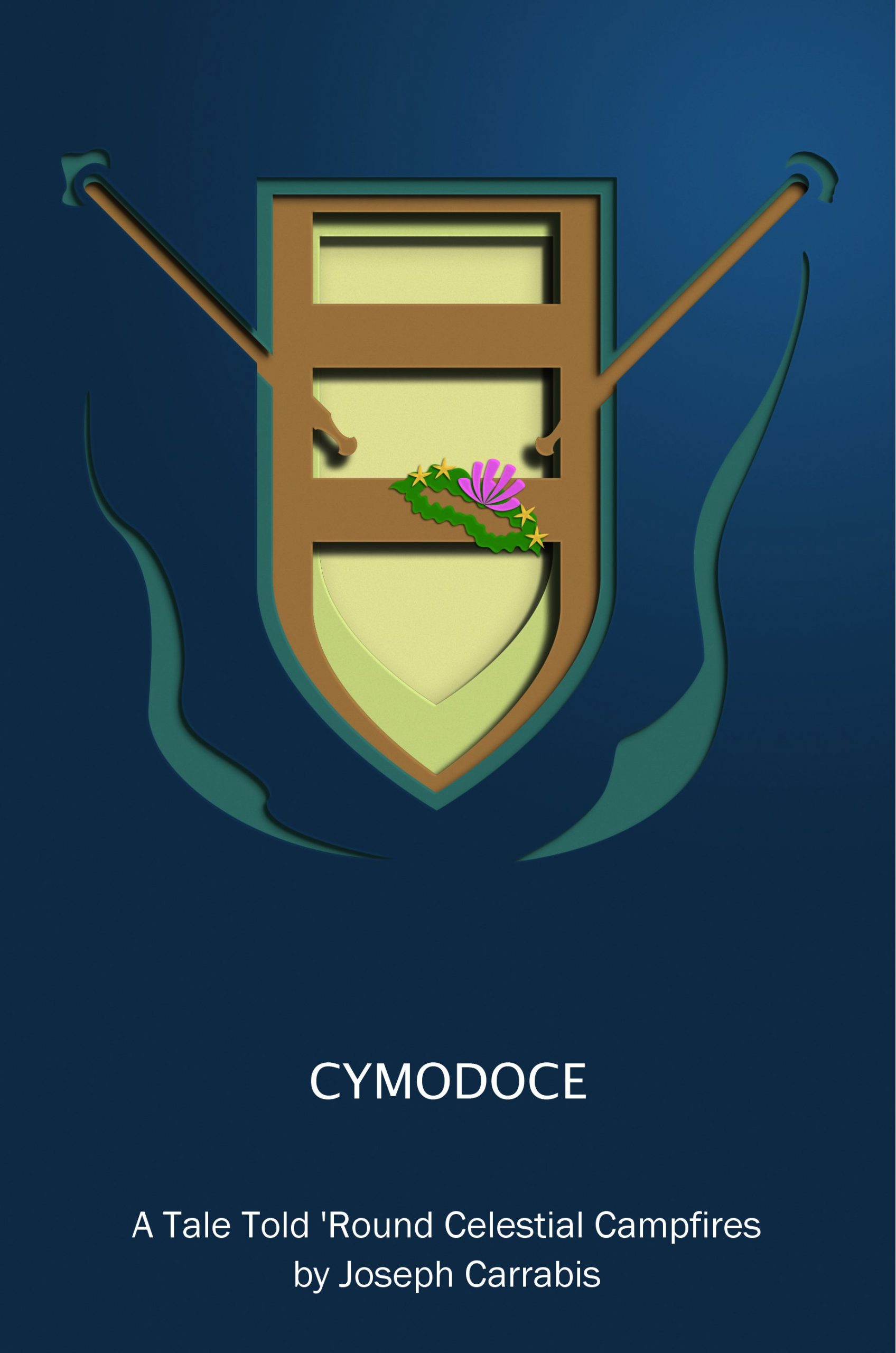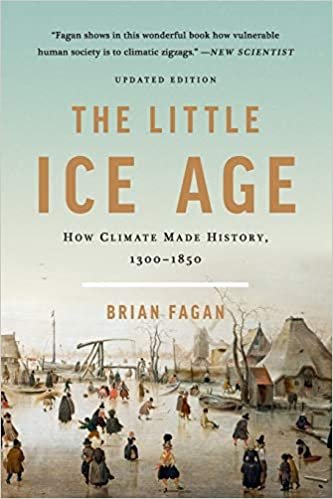We don’ need no stinkin’ Plan Bs
“I plan on becoming an internationally renowned brain surgeon.”
“That’s great. Except you’re a straight D student, you have essential tremor, and anybody who really wants to become a brain surgeon would know enough to call it ‘neurosurgeon’. So what’s your Plan B?
Plan B. The fallback. The backup. The “what you do when what you want doesn’t happen.”
I’ve always had trouble with the concept of a Plan B.
It was as if somewhere in my teens I said to myself, “Let’s see… I can do well in school, go to college, get a degree and lead a totally mundane, boring, completely unfulfilled life. Or I can become a superhero…” and I saw that and said, “Screw that. The rest of the world can go on the straight and narrow,” and I took a left.
Of course, the path I chose meant I’d be misunderstood, have enemies, have to solve bigger than life problems, that kind of stuff, but even if I chose the simple path I’d be telling myself I was still doing those things. The superhero path also meant I’d be respected and honored and sought after, and again, I’d be telling myself those things were true even if I took the simple path.
So somewhere in my teens I figured, “What the hell?”
I took a left and never looked back.
For one thing, having a Plan B is distracting. Every time there’s a bump on your Plan A road, you take a moment or two to decide if this is when you should switch to Plan B.
Nobody seems to note that all those moments, all that decision making, all it really is is a loss of focus on your Plan A goal.
Remember, Plan B is your fallback. It’s what you settle for. It’s less than what you wanted. When Kennedy committed the USA to landing on the moon by the end of the decade, nobody stood up and said, “But if we never leave low Earth orbit, that’s cool, too!” The goal was The Moon. Anything else would be Not Moon.
Anybody notice the subtle shift I did there? I talked about the goal, not how to reach the goal. Any plan – A, B, C, H, Q, Fromblitz, whatever – is how you get to your goal.
Greetings! I’m your friendly, neighborhood Threshold Guardian. This is a protected post. Protected posts in the My Work, Marketing, and StoryCrafting categories require a subscription (starting at 1$US/month) to access. Protected posts outside those categories require a General (free) membership.
Members and Subscribers can LogIn. Non members can join. Non-protected posts (there are several) are available to everyone.
Want to learn more about why I use a subscription model? Read More ch-ch-ch-ch-Changes Enjoy!



